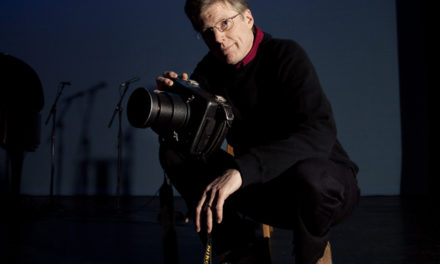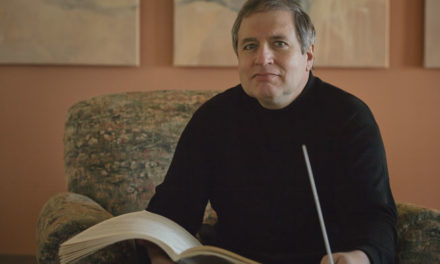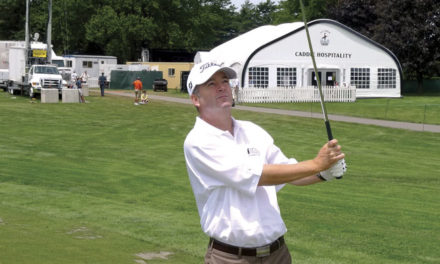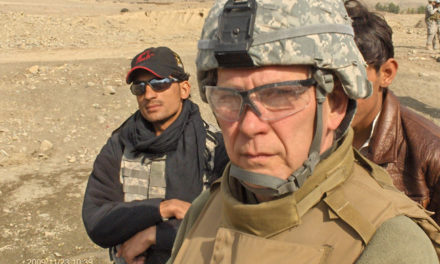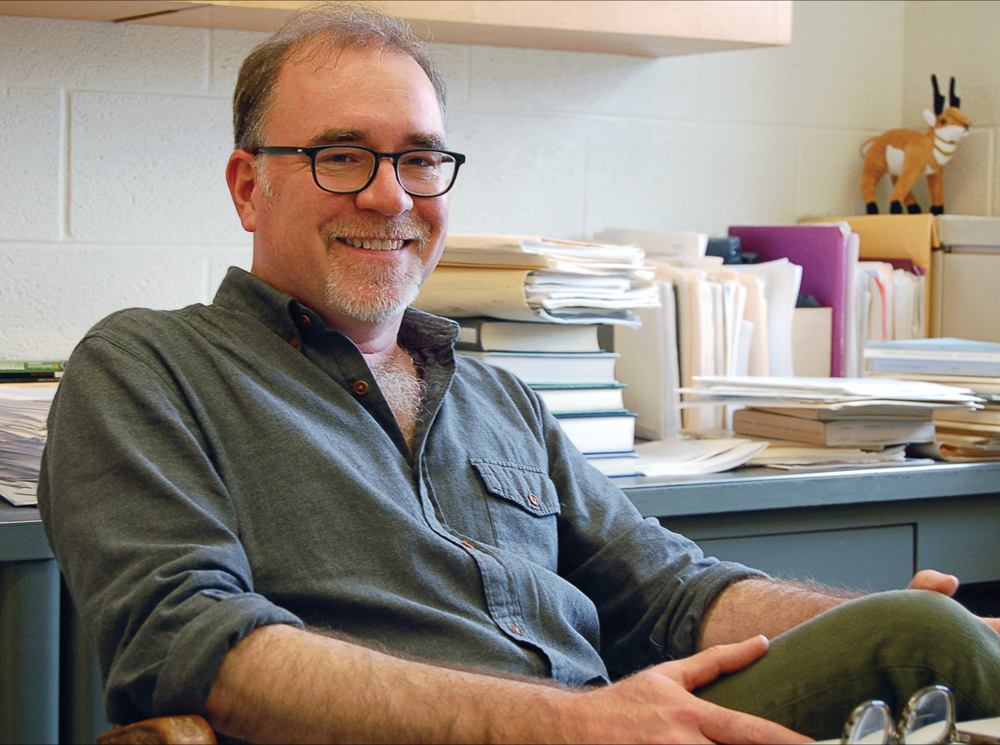
David Polly. Courtesy photo
BY SUSAN M. BRACKNEY
As a professor of geological sciences at Indiana University, David Polly uses the past to divine our climatic future. Polly studies how vertebrate animals respond to climate change over geological time. “We’re on a path to having a 5-degree Celsius global temperature change,” he notes. “It’s faster than anything that’s ever happened before.”
Five degrees Celsius (9 degrees Fahrenheit) doesn’t sound big, but it is. “Approximately 18,000 years ago, global temperature was 5 degrees colder than it is now, and there was glacial ice as far down as Martinsville, [Indiana],” Polly explains. “For temperate areas like Indiana, the kind of climate we’re going to have will be radically different.”
The associate director of IU’s Grand Challenge initiative “Prepared for Environmental Change,” Polly says that within the next 30 to 50 years, we can expect Indiana’s climate to feel more like that of Houston. The change will force certain species to shift their ranges to survive. “A lot of species will have to track northward and eastward from where they are now,” Polly says. Others, he adds, will face extinction.
A Missouri native, Polly, 52, earned his bachelor’s degree from the University of Texas, a doctorate in paleontology from the University of California at Berkeley, and was a postdoctoral fellow at the University of Michigan. Before coming to IU in 2006, Polly taught in London for a decade, mostly at Queen Mary, University of London. He was also a research associate with the Department of Palaeontology at London’s Natural History Museum. Now he does similar work with the Field Museum in Chicago.
Polly is currently on sabbatical at Yale University where he’s studying the effect of climate change on migratory bird pathways. “A lot of bird species, including the ones we see regularly in Bloomington, spend part of the year someplace like Costa Rica, part of the year in Canada, and part of the year with us,” he says. “Their lifecycle is potentially affected by changes in all of those places.”
Polly also presides over the Society of Vertebrate Paleontology, which is suing the Trump administration for gutting two national monuments in Utah. “Those were established to protect paleontological resources,” Polly says. “We argue that the president doesn’t have that legal authority.”
Between legal wrangling and additional, impending climate change, staying positive isn’t easy. “It’s depressing, but you also feel like you have something to offer,” Polly says. “More and more people are coming to understand that there’s a problem.”


